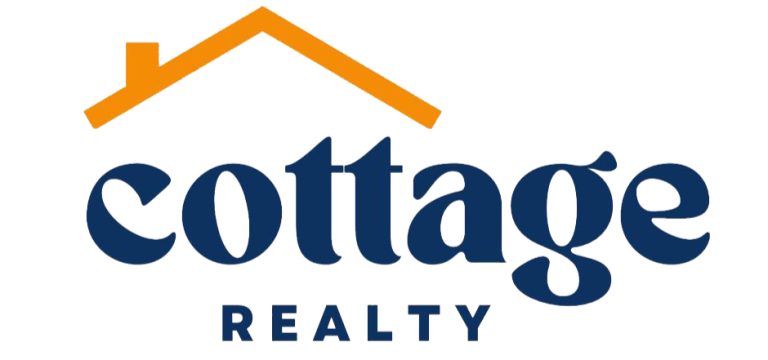When purchasing a home, factors like location, price, and neighborhood amenities often top the list. However, one aspect that significantly influences home values yet is sometimes overlooked is the quality of the local school district. Whether or not you have children, the reputation of nearby schools can have a powerful effect on property values. Understanding this relationship can help prospective buyers and homeowners make informed real estate decisions.
Why School Districts Matter
A strong school district can increase demand for homes in an area, even from buyers without school-age children. Parents naturally prioritize areas where their children can receive a high-quality education, and this demand drives up home prices. In addition, properties in well-regarded school districts often retain their value and appreciate more over time.
The influence of good schools extends beyond just families. Even if you don't have children, buying a home in a top-rated school district is often considered a smart investment, as properties in these areas tend to be more stable and desirable in the long term.
The Direct Impact on Home Prices
Research shows a direct link between school district quality and home values. Homes located in top-rated school districts often command premium prices compared to similar homes in lower-rated districts. In some cases, properties in excellent school districts can sell for 10-30% more. This price difference isn't just because of the schools themselves but because these districts tend to attract well-maintained neighborhoods, safer communities, and better public services.
For sellers, homes in good school districts tend to sell faster and at higher prices. Even in slower markets, these properties are in demand, making retaining and growing equity easier. On the other hand, homes in less desirable school districts may struggle to sell, and their value could stagnate or decline.
What If You Don't Have Kids?
Living in a well-rated school district has benefits, even if you don't have children. Properties in these areas often attract more buyers, increasing the likelihood of your home appreciating in value over time. Additionally, neighborhoods surrounding high-performing schools tend to have better infrastructure, lower crime rates, and more involved communities, contributing to overall property value.
In contrast, homes in underperforming districts may not hold their value as well and may not appreciate as quickly. When it comes to resale, homes in strong school districts typically have more potential buyers interested, making it easier to sell when you're ready.
How to Check School District Quality
Before buying a home, it's a good idea to research the local school district. Several websites, such as GreatSchools.org or Niche.com, provide detailed information on school ratings, academic performance, and parent reviews. Real estate agents who are familiar with the area can also be valuable resources for understanding how the local schools impact property values.
Final Thoughts
The quality of a school district is one of the most important factors affecting home values. Whether you plan to live in your home for years or see it as an investment, choosing a property in a top-rated district can provide long-term financial benefits. Homes in these areas generally appreciate faster, making them a more secure investment even during economic downturns.
If you're seeking expert guidance to find a home in a great school district, now is the perfect time to contact us. We can assist you in finding the ideal property that meets your needs and ensures a solid investment in your future.


